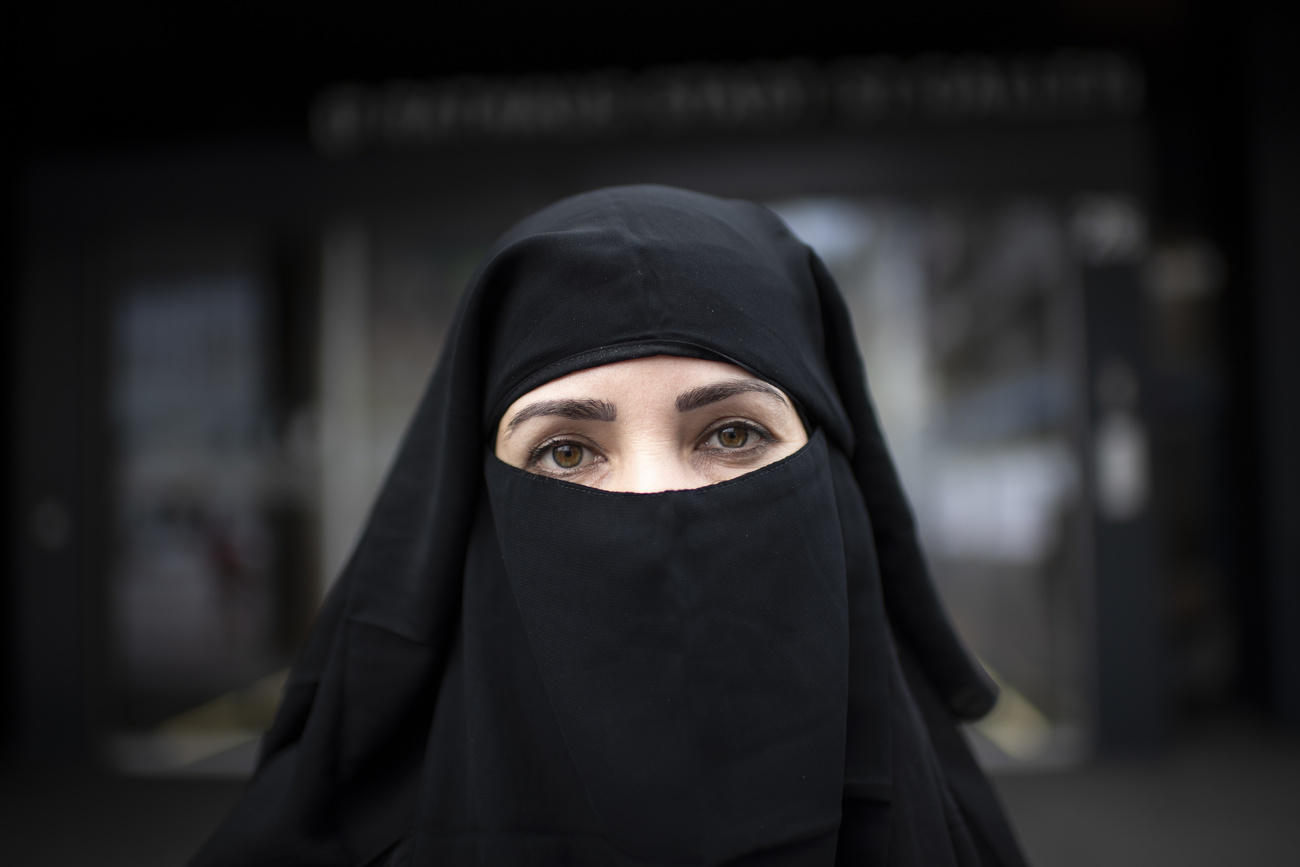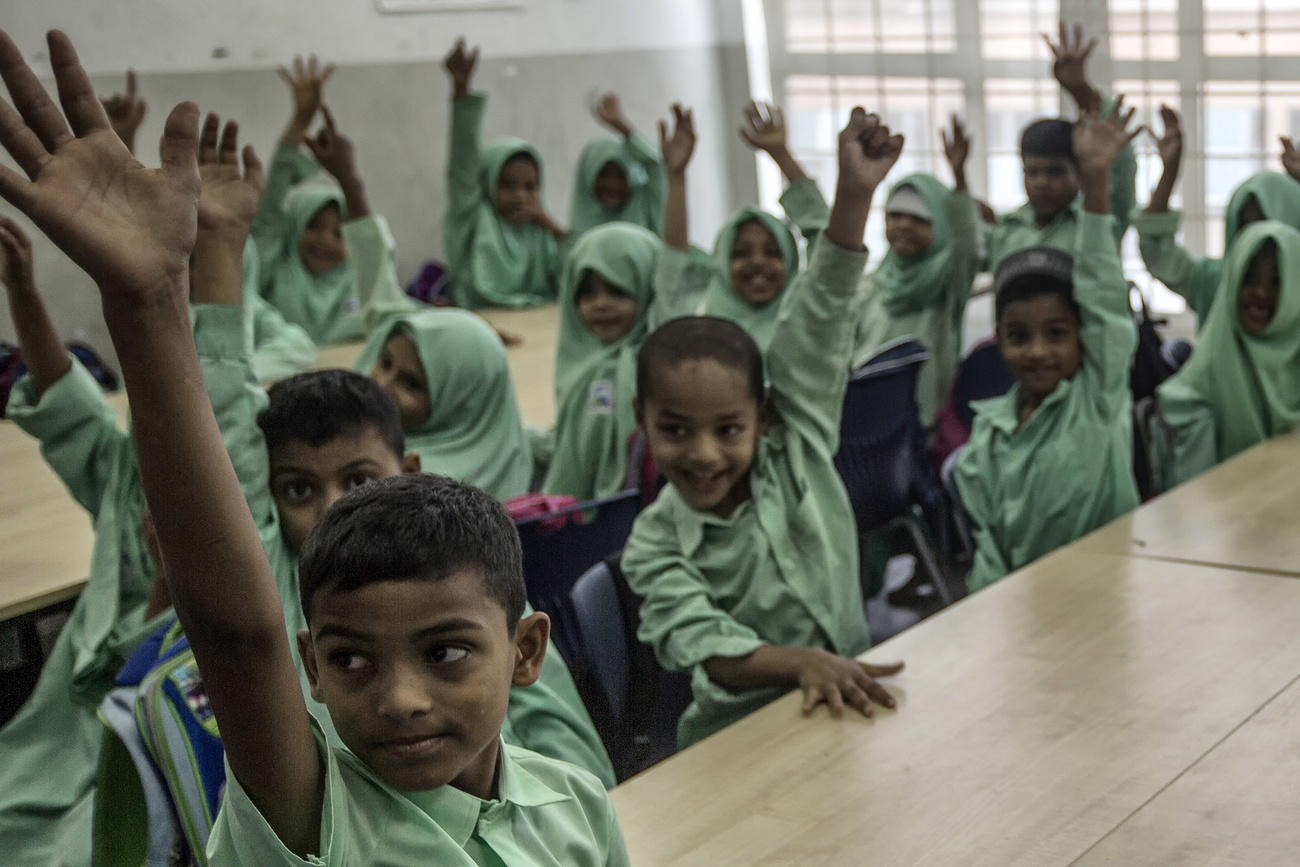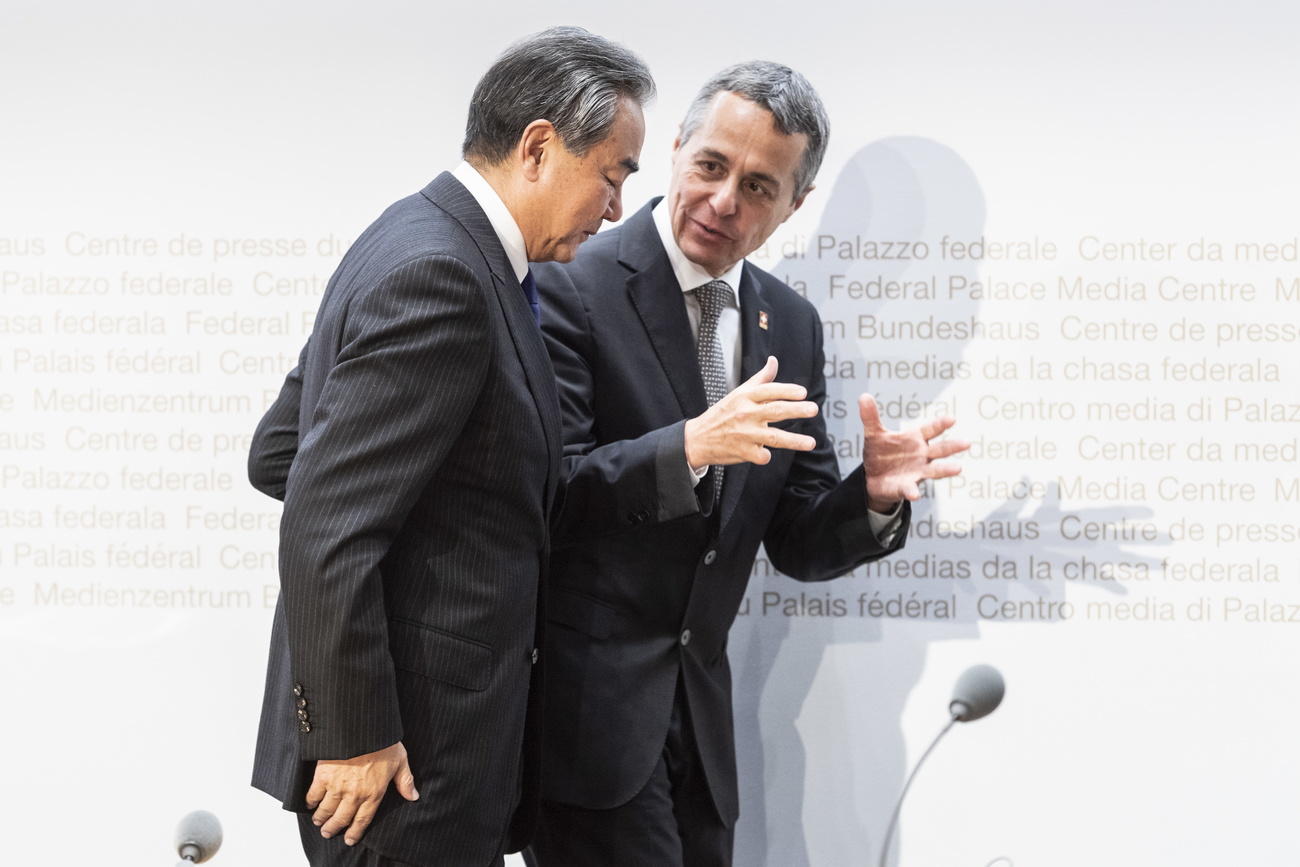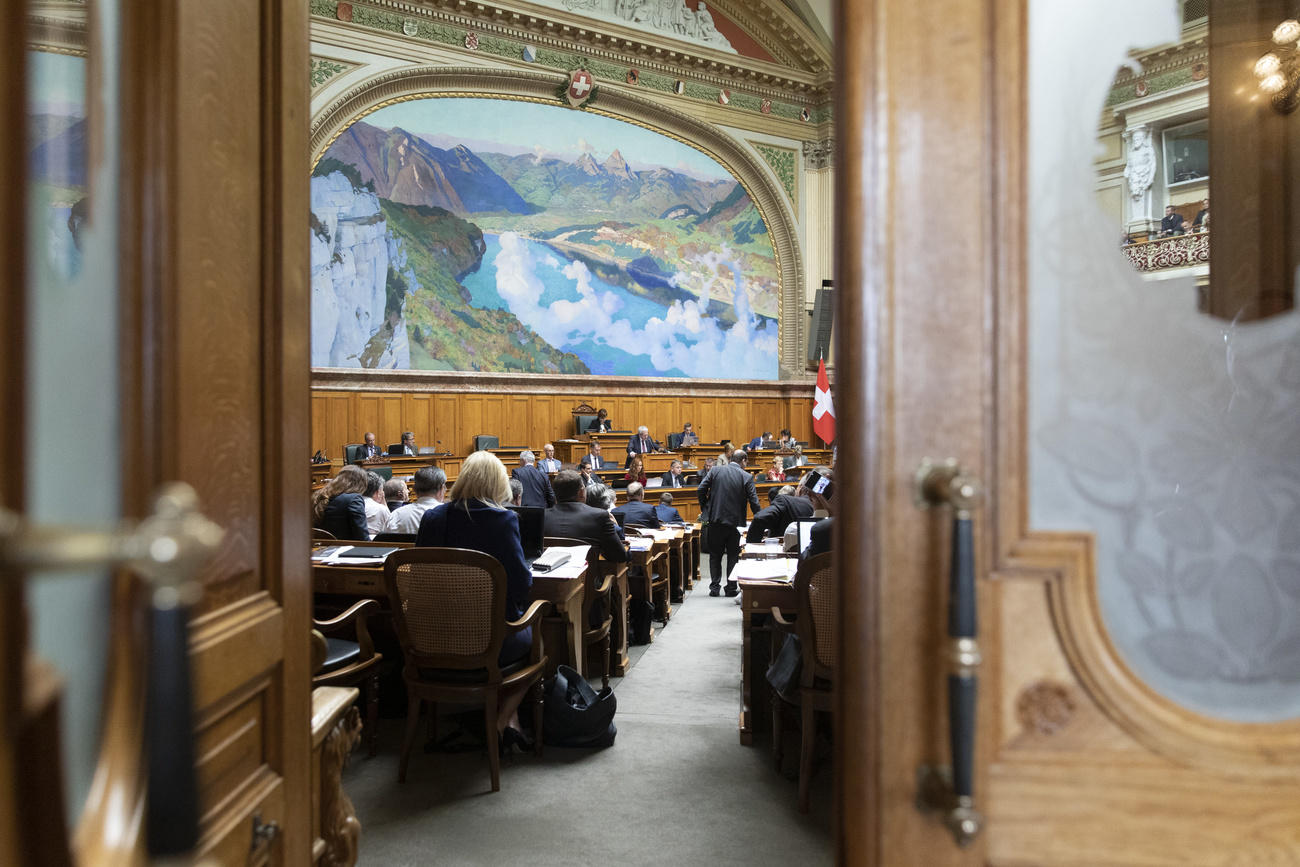New disputes about foreigners

The debate about the boundaries between what’s Swiss and what’s foreign have recently calmed down. This looks set to change in 2020 as new barriers are being erected. Once again, it will be about boundaries and exclusion; about identity and difference.
Part 2 of our annual outlook takes a look at politics; part 1 focused on the economy.
Is it going to happen in 2020, or not? After more than four years of negotiations, the framework agreement between Switzerland and the European Union has still not been sealed. On the contrary, the fronts between the negotiating parties have hardened.
Negotiations came to a standstill in 2019. The EU made it clear that it was not willing to renegotiate whilst the current proposal cannot find a majority in the Swiss parliament.
The situation will probably remain volatile in 2020. Observers do not really expect Brussels to change its tunes under the new President of the European Commission, Ursula von der Leyen, as her room to manoeuvre is rather limited.
Some members of the Swiss government have already arranged an informal meeting with her during the annual meeting of the World Economic Forum (WEF) in Davos in January. The Swiss message to von der Leyen and to the EU will be: please avoid provocation – we are just about to start a referendum campaign.
The campaign is around the anti-immigration initiative of the Swiss People’s Party calling for an end to the free movement of people between Switzerland and the EU, likely come to a nationwide vote in May. If accepted by the people, it will virtually cut all ties with Europe. However, it is more likely to be rejected.
This would be a testament to the people’s wish for a proper relationship with the EU, and a good starting point for further dialogue with Brussels. It could even be a complete reset.
In view of the current global situation, alliances with superpowers such as the United States, China or Russia are becoming increasingly important for Switzerland. The foreign policy strategy for the next legislative period takes this into account.
The goal is for Switzerland to position itself more coherently in a world that is increasingly dominated by superpowers.
The problem is that Switzerland will probably be pushed from its neutral position more often, for example if the trade war between the US and China further escalates. If Switzerland is forced to show its colours, it is more likely to jeopardise the trade agreement with China than spoil its relationship with the US.
This is partially due to people pressure. After confidential documents on the systematic persecution and detention of Uighurs were made public, scepticism towards China has been growing in Switzerland.
One thing is certain: the anti-immigration initiative will reignite a discussion that has calmed down over the past few years. It’s the discussion about identity and difference; about ‘ours’ and ‘theirs; about Swiss nationals and foreigners. It’s about boundaries and barriers. The initiative of the People’s Party for a ‘moderate immigration’ does not only want to end the free movement of persons, it also wants Switzerland to regulate immigration autonomously.
The government rejects the proposal. In view of recent developments in demographics and the ageing population, the Federal Council expects Switzerland to be faced with the opposite problem in the future, namely with the need to attract foreign workers willing to emigrate to Switzerland. Parliament advises the people to reject the People’s Party’s initiative.
Switzerland is also tightening its asylum policy. The government wants to prohibit asylum seekers, temporarily admitted persons and persons in need of protection, from travelling abroad unless it is essential for the asylum or return process.
Organisations supporting refugees reject these plans. They view them as a violation of basic rights as well as an encroachment on freedom of movement. They also raise the point that trips abroad are often the only way for such people to keep in touch with families and friends.
Parliament is expected to adopt the government’s proposal this year.
Another strict rule is expected to be introduced: in future, authorities should be allowed to confiscate asylum seekers’ computers and mobile phones. Parliament will submit a bill to give the migration authorities more investigative powers if they are unable to establish the identity of an asylum seeker by other means.
At the same time, Switzerland is expecting a further drop in asylum applications. Since its zenith in 2015, the number of applications has decreased every year. There are currently 13,000 applications with the State Secretariat for Migration, compared with 39,000 four years ago.
Will Switzerland ban burkas and niqabs across the country? Two items on parliament’s 2020 agenda will be the initiative “Yes to a ban on full facial coverings” as well as the government’s indirect counter proposal to it.
This driver of this initiative is the Egerkingen Committee, which made a name for itself with the anti-minaret initiative ten years ago. It was launched out of fear that additional minarets could be added to the four existing ones. Back then, ban on the construction of minarets was accepted by 53.4% of the population.

This very committee, which mainly consists of members of the right-wing Swiss People’s Party, submitted its burka ban initiative in 2017, and it only affects a few dozen women in Switzerland. The initiators do not want to be seen as enemies of Islam. They argue it targets anyone covering their faces such as masked anarchists going on a rampage during demonstrations.
The government deems the proposal too radical and has submitted a counter-proposal that provides for stricter rules on identity checks. As parliament needs to decide on it, this counter proposal will probably delay the popular vote until 2021. On a cantonal level, Ticino and St Gallen have already banned full facial covering in public places.

More
Rich, stable Switzerland to face some moral dilemmas
Translated from German by Billi Bierling

In compliance with the JTI standards
More: SWI swissinfo.ch certified by the Journalism Trust Initiative














You can find an overview of ongoing debates with our journalists here . Please join us!
If you want to start a conversation about a topic raised in this article or want to report factual errors, email us at english@swissinfo.ch.